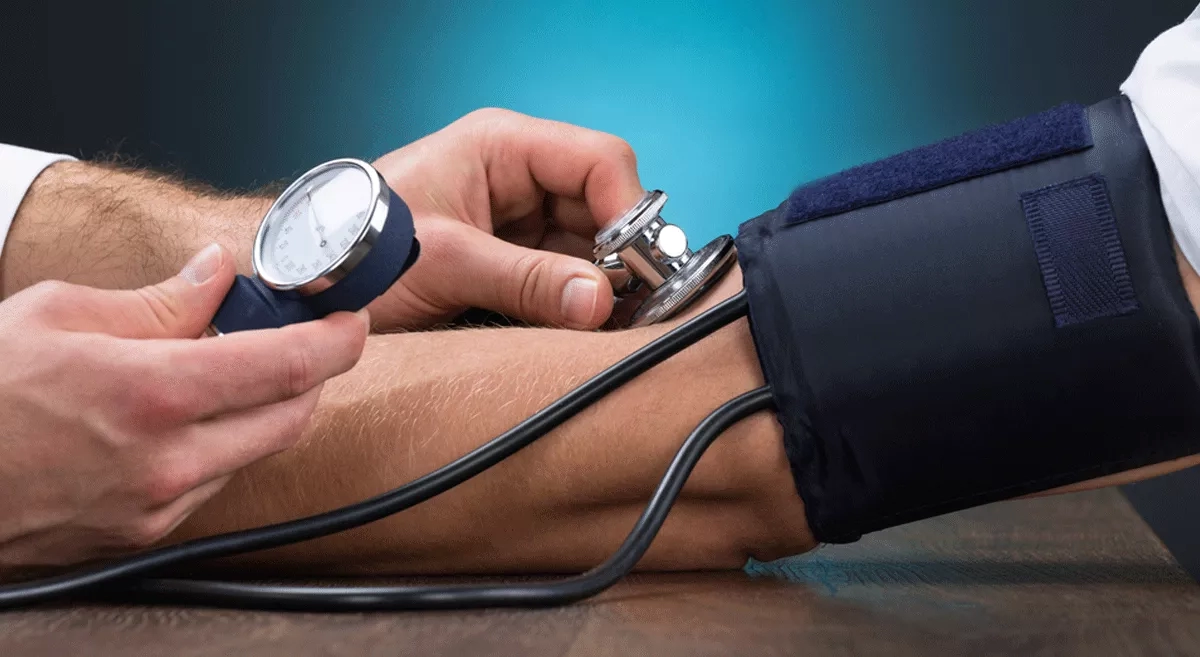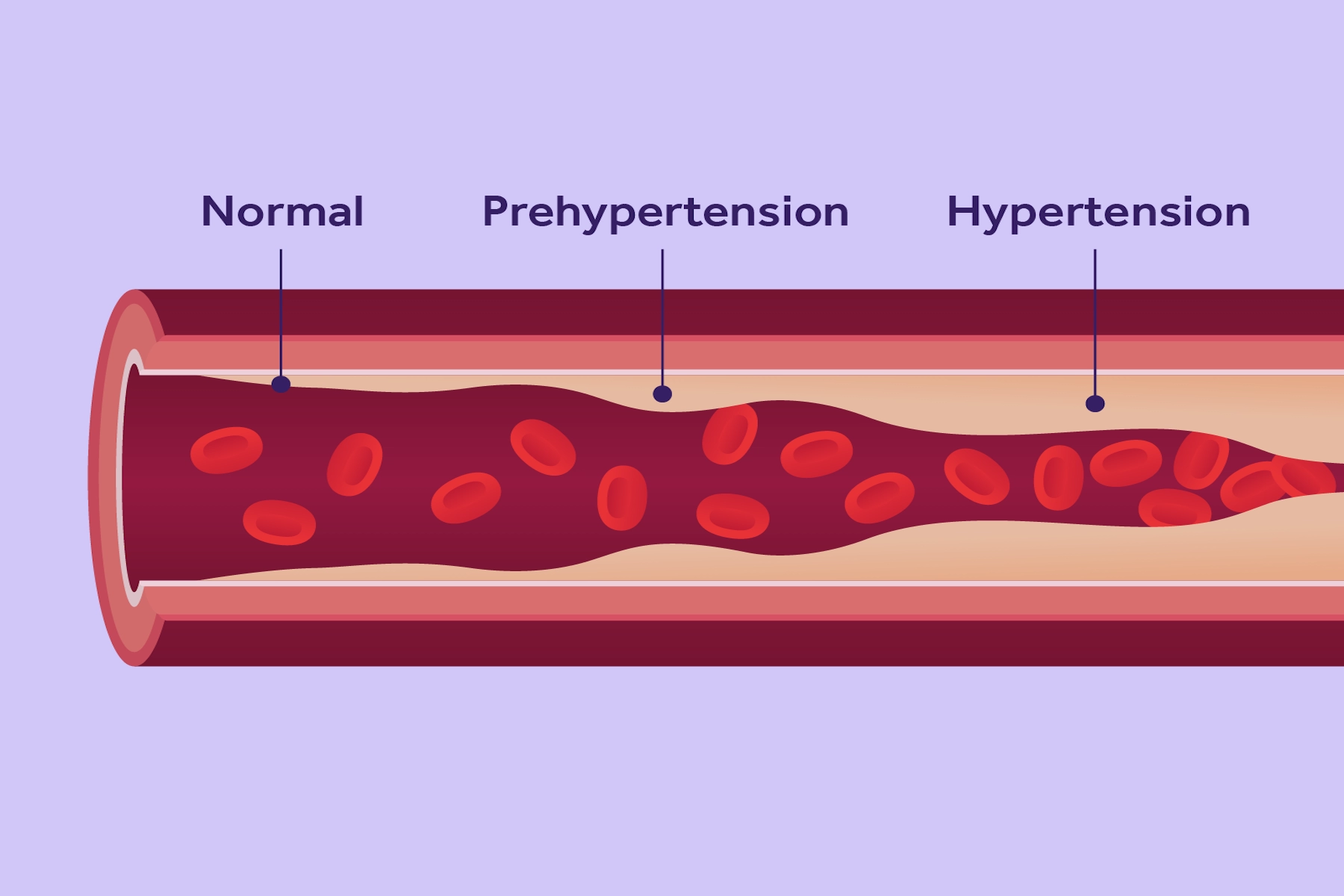
Approximately one in three adults has high blood pressure, though many are unaware of it. Often referred to as a "silent killer," high blood pressure typically has no noticeable symptoms, but it can lead to severe health issues such as heart attacks or strokes. The positive news is that high blood pressure, or hypertension, can often be prevented or managed. Early detection and simple lifestyle changes can help prevent significant damage to your health.
Blood pressure is the force or pressure of blood within your arteries. Every time your heart beats, it pumps blood into the arteries, which transport it throughout your body. This occurs 60 to 100 times per minute, every minute of the day. The arteries provide oxygen and nutrients to your entire body, enabling it to operate properly.
Arteries influence blood pressure much like the physical characteristics of a garden hose affect water pressure. When the hose narrows, the water pressure increases at that point. The health of the arteries plays a significant role in blood pressure and circulation, and if the arteries become narrowed, they can eventually block blood flow, leading to serious health risks like stroke and heart attack.

High blood pressure can affect anyone, including children, though the risk increases with age. Being overweight or having a family history of hypertension also raises the likelihood of developing it. Since high blood pressure often has no symptoms, the only way to confirm if you have it is through a blood pressure test. This simple and painless procedure involves wrapping an inflatable cuff around your upper arm to constrict the blood vessels. A healthcare professional may then use a stethoscope to listen to your pulse as the air is released from the cuff, or an automatic device may measure the pressure.
• maintaining a healthy body weight as advised by a doctor
• consuming a balanced diet that includes plenty of fruits and vegetables
• reducing sodium (salt) intake in your diet
• participating in regular physical activity, like brisk walking, for at least 30 minutes a day whenever possible
• effectively managing stress when you can
• quitting smoking
• cooperating with a doctor to properly manage all prescribed medications





Fill in the required fields
We will help you quickly find what you need!
